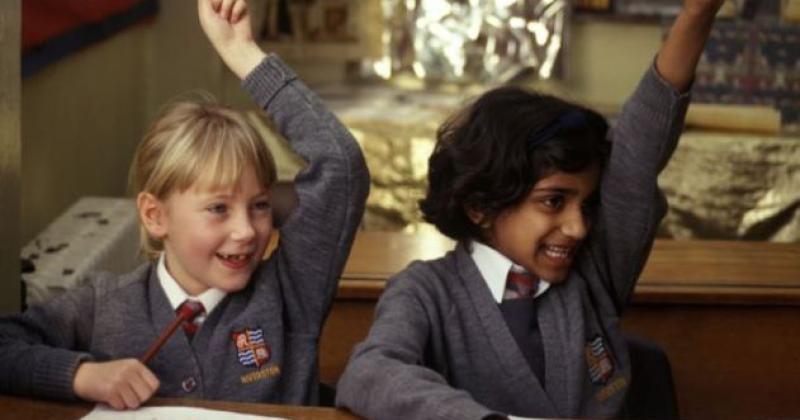The troubling conduct of many of our young people, such as reckless driving, littering and resolving differences on university and school campuses through violence, is an indicator of a lack of proper values in their upbringing.
The recent incident at one of our universities, where a group of female students vowed to use social media to “expose” the “immoral” behaviour of other female students because they simply look, dress and act differently is an indicator of how difference is viewed as alien and devious.
Such incidents and indicators require our immediate attention and careful examination of the values we instill in our youth via our educational system in particular, especially in the early stages of schooling.
School curricula play a fundamental role not only in influencing skills and habits, but also in forming attitudes and shaping identity.
Informed by such basic principle and motivated by countless incidents such as those just prefaced, I decided to do a close reading of the Arabic and social studies curricula for grades 1 to 6.
The conclusion immediately reached is that our school curricula need to be thoroughly revised, yet again, and that reform must be considered as a matter of priority.
A more thorough analysis is needed, but several salient trends are all too obvious.
Undoubtedly, in their present form, the curricula do foster many positive values, such as hospitality, respect for the elderly, charity and many others. It is only fair to recognise this fact. Nevertheless, they indirectly influence students’ attitudes and conduct in many undesirable ways, including false pride, prejudice, gender-bias, patriarchy, violence and even militarisation.
In both social studies and Arabic for the said grades, there is an overemphasis on battles. In fact, there are many graphic details of violence and killing that are totally unnecessary, and one is compelled to feel that the identity of many of our children is formed in the context of the battlefield. Too many battles and too many violent scenes.
Of course, history should be represented accurately. And, naturally, both the more ancient Islamic history and the more modern Arab history, like the history of most nations in the world, witnessed many battles.
Our children need to learn about their ancestors: their struggles, their difficult circumstances, their wars, their victories and their glories. One’s history is part and parcel of one’s legacy.
Two things, however, need to be stressed here.
One is that the way history is presented is as crucial as what happened. Representation is an art and it makes all the difference.
The problem with the curricula is precisely that the representation needs to be done more tactfully and professionally. There is no need at all for some of the graphic details and some of the unnecessary dramatisation that potentially fosters violence and militarism.
Our children can be made aware of what happened, the facts and the lessons learned, without charging them emotionally in a very negative way and without making them susceptible to violence.
Much of history, including Jordanian modern history, is portrayed as battle specific.
Another is that Islamic and Arab histories are richer than battles and conquests.
Muslims and Arabs contributed greatly to human civilisation in a variety of crucial disciplines and fields: philosophy, sociology, algebra, alchemy, astronomy, medicine and many others.
Yes, we need to hear about our warriors, but we also need to hear about our philosophers, thinkers, musicians, physicians, etc.
The Islamic and Arab civilisations have done a lot to further women’s right and consolidate ethnic and racial diversity and coexistence. Tolerance and respect of difference were basic tenets in Islam. We need to see this reflected.
And we need to hear more about women in our history.
Unfortunately, one does not see much of this in the curricula. Such scarcity, or even absence, can be very damaging.
Ultimately, it ends up propagating and normalising exclusion, marginalisation, discrimination, chauvinism and extremism.
The Ministry of Education, therefore, should solicit, in addition to its own human resources, the services of able professionals and experts who would help produce more correct, more relevant and more modern curricula.
And as the ministry suffers from limited resources, we all need to chip in-—--- financially and intellectually — to help it live up to the challenge.
This is important both to enlighten and empower our young people and to battle prejudice, patriarchy, bigotry, violence and extremism that are plaguing us today, both in this part of the world and elsewhere.
